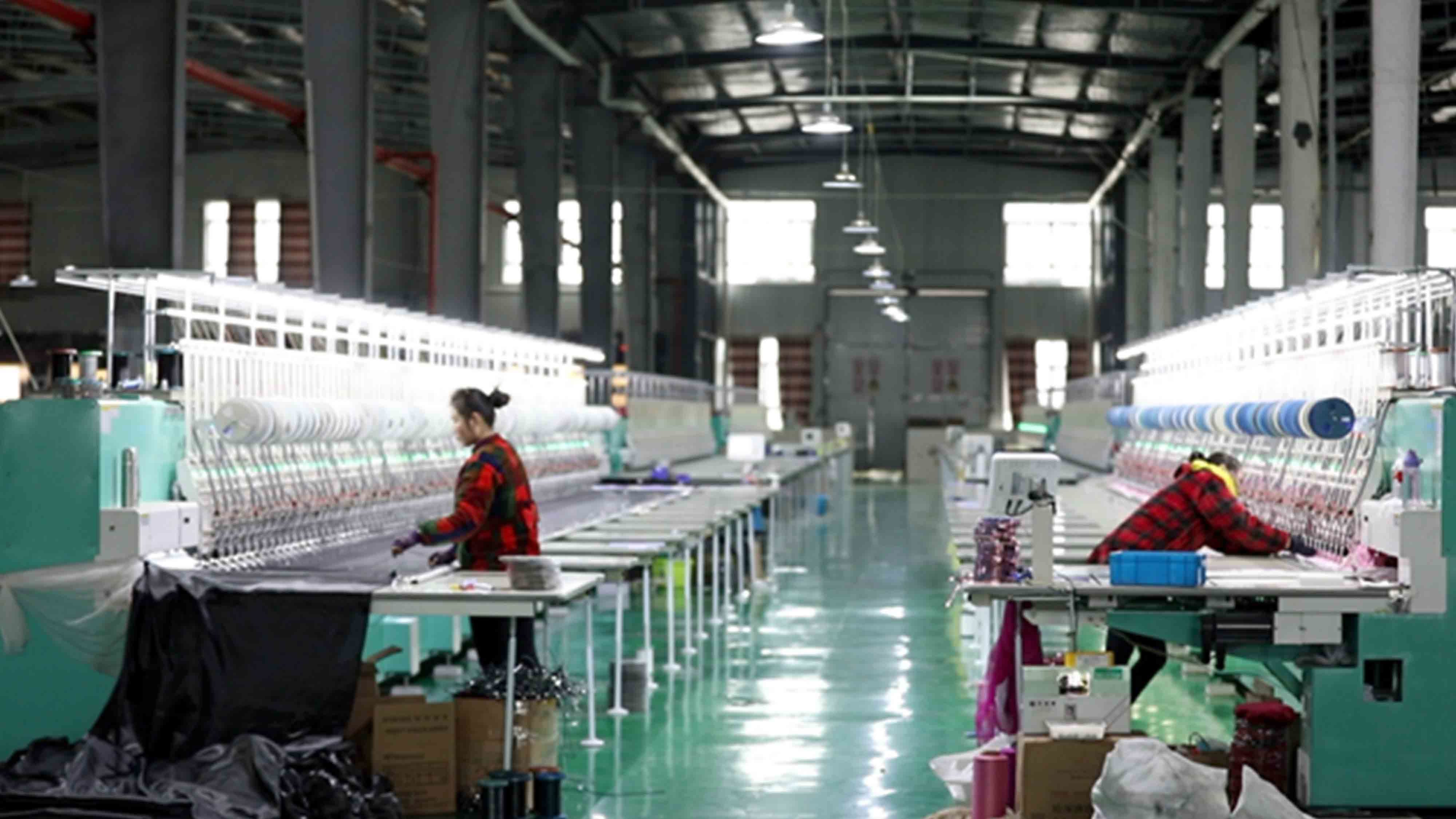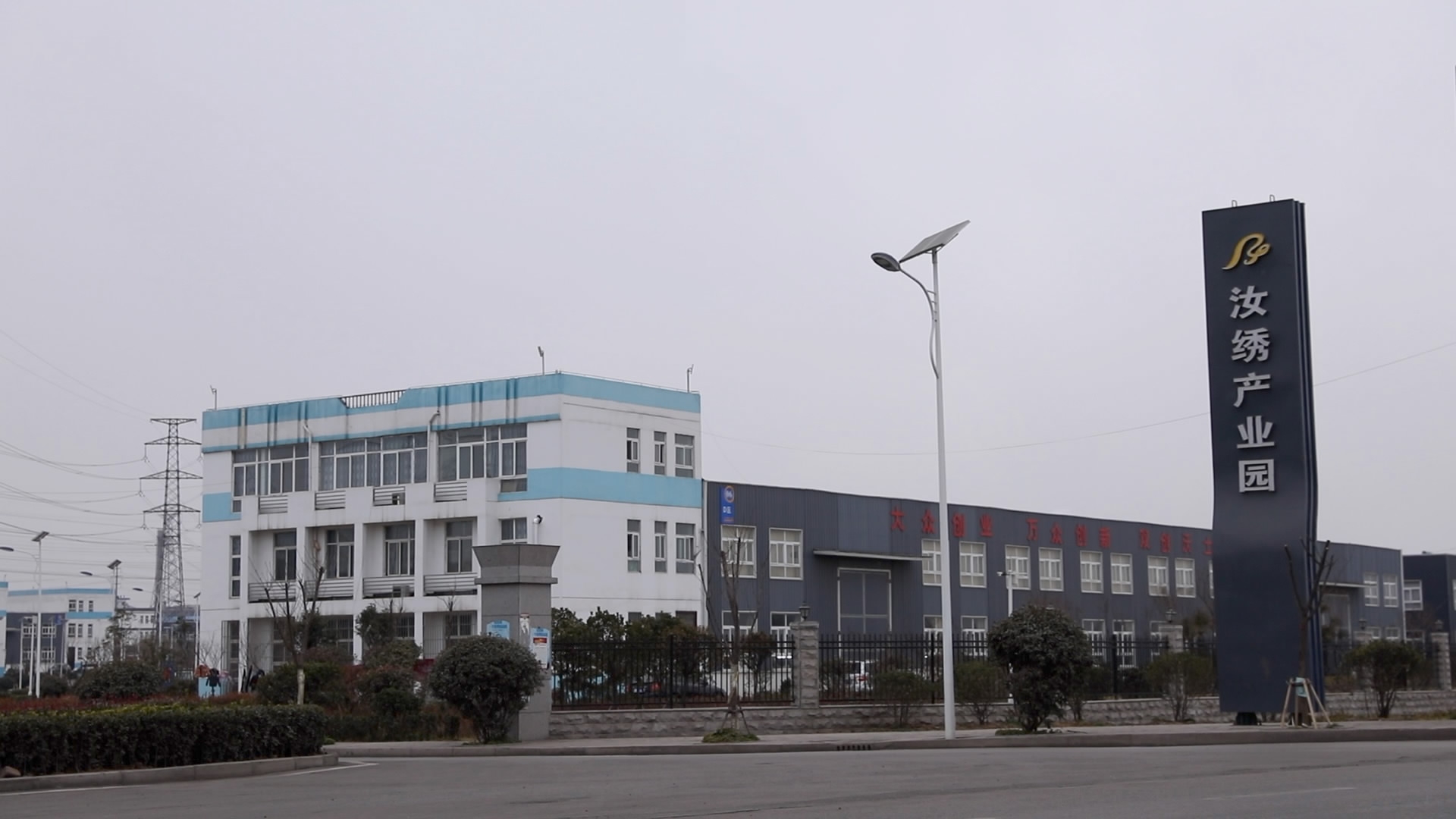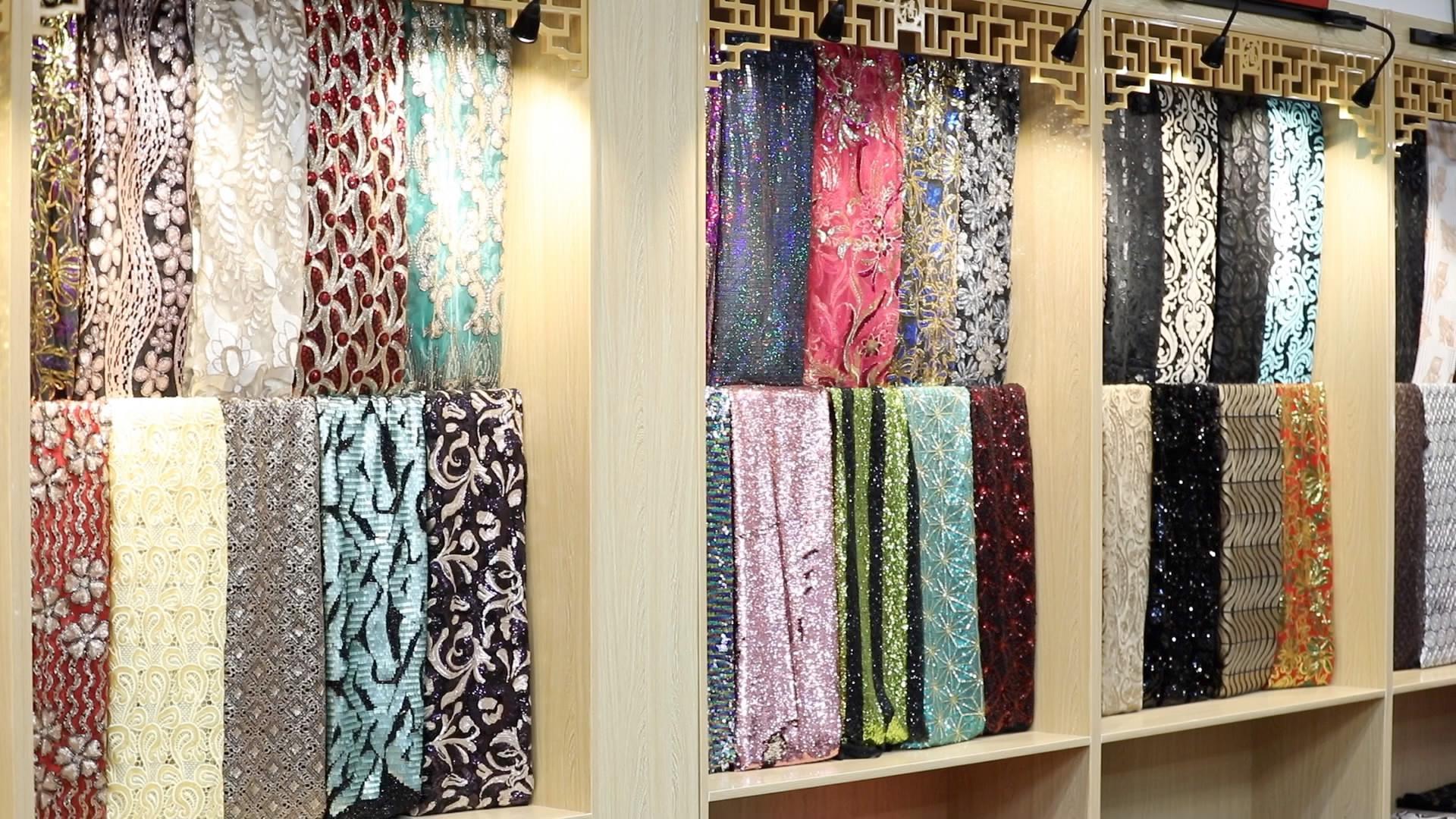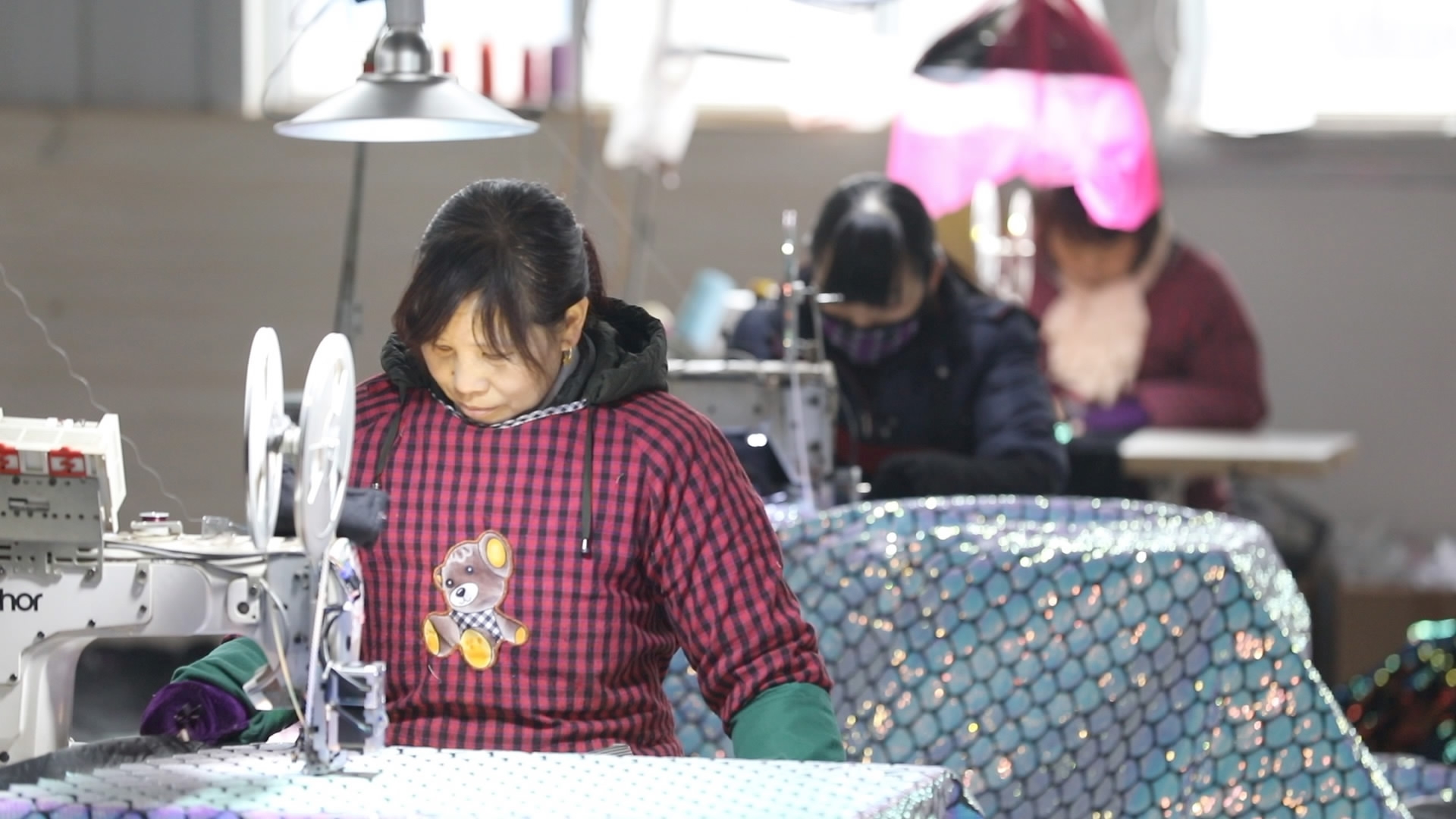
Business
14:53, 07-Jan-2018
Inland China encourages migrant entrepreneurs to move businesses back home
By Xu Mengqi and Meng Mingwei

As China’s more developed coastal region tries to move up the value chain and away from low-end manufacturing, the inland provinces have been recruiting migrant entrepreneurs to relocate their businesses back home.
An embroidery manufacturing park in Ruzhou City in central China’s Henan Province is a perfect illustration of the trend. The park now houses around 160 manufacturers that have relocated to Ruzhou from Keqiao, Shaoxing in China’s coastal Zhejiang Province, a place said to be the largest textile distribution center in Asia.

The embroidery manufacturing park in Ruzhou, Henan Province /CGTN Photo
The embroidery manufacturing park in Ruzhou, Henan Province /CGTN Photo
Over the past two decades, hundreds of entrepreneurs and tens of thousands of workers from Ruzhou have migrated south to seek fortune in Zhejiang’s textile industry.
Things have now changed. The Ruzhou government, seeking a way to boost the local economy, offers preferential policies to attract them back home.

Yan Suyu’s fabric display center in the Ruzhou embroidery manufacturing park /CGTN Photo
Yan Suyu’s fabric display center in the Ruzhou embroidery manufacturing park /CGTN Photo
Sixty-year-old Yan Suyun was the first to respond to the government’s call. Though she had dreamed of moving her business back home for years, she confessed the decision was not an easy one. While returning would mean lower production and labor costs, it also meant higher logistics cost and longer delivery time, as well as the risk of losing both the clients and the skilled workers.
But with local government’s support, Yan said her business has overcome the difficulties and started making money. With more enterprises following suit, the embroidery manufacturing park has also created thousands of jobs locally.

Locally employed staff working in Yan Suyun’s factory /CGTN Photo
Locally employed staff working in Yan Suyun’s factory /CGTN Photo
A worker, who previously migrated to Zhejiang and later followed Yan back said she now earns about 1,000 yuan less, but it is acceptable as she is closer to her parents and kid.
713km

SITEMAP
Copyright © 2018 CGTN. Beijing ICP prepared NO.16065310-3
Copyright © 2018 CGTN. Beijing ICP prepared NO.16065310-3